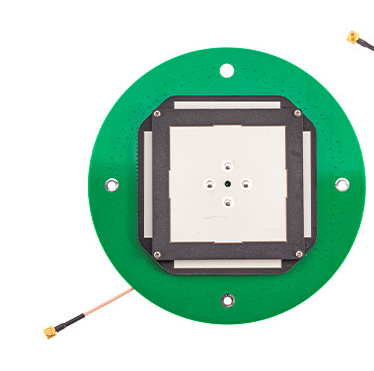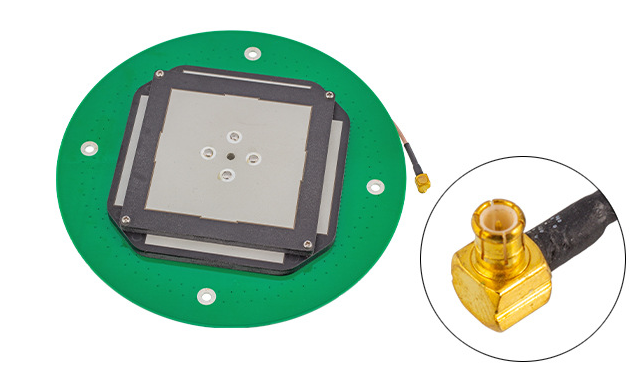Gps Antenna requirements
With the wide application of Global Positioning system (GPS) technology, the performance requirements of GPS antenna, as the key equipment to receive GPS signals, are becoming more and more stringent. The purpose of this paper is to discuss the requirements of GPS antenna and analyze its application in different fields.

Basic requirements of GPS antennas
1. Reception sensitivity: the GPS antenna should have good reception sensitivity to ensure that it can work stably in the weak GPS signal environment.
2. Anti-jamming ability: GPS antenna should have strong anti-jamming ability to deal with electromagnetic interference in the environment and ensure the stable reception of the signal.
3. Polarization mode: the polarization mode of GPS antenna should match the polarization mode of satellite signal transmission, which is commonly used in circular polarization and linear polarization.
4. Frequency range: GPS antennas should cover the frequency range of GPS signals to ensure full reception of satellite signals.
5. Stability: the GPS antenna should have excellent stability, including temperature stability, aging stability, etc., in order to ensure long-term and stable performance.
6. Anti-jamming performance: for complex environment interference such as multipath effect, GPS antenna should have excellent anti-jamming performance.
Application Analysis of GPS Antenna
1. Aerospace: in the aerospace field, GPS antennas are widely used in navigation and positioning systems such as aircraft, missiles, satellites and so on. GPS antennas are required to have the characteristics of high sensitivity, high stability and high anti-interference performance to ensure accurate navigation in complex environments.
2. Civil field: in the civil field, GPS antennas are widely used in smart phones, vehicle navigation, UAV and other fields. GPS antennas are required to be small in size, light in weight and easy to integrate to meet the needs of portability and practicality.
3. Scientific research field: in the field of scientific research, GPS antenna is widely used in atmospheric detection, earthquake monitoring, geographic information acquisition and so on. GPS antenna is required to have the characteristics of high precision, high stability and high resolution to support complex scientific research tasks.
4. Military field: in the military field, GPS antenna plays an important role in battlefield location and target tracking. GPS antenna is required to have the characteristics of good concealment, strong anti-jamming ability and strong survivability, in order to adapt to the particularity of battlefield environment.
Selection and use of GPS Antenna
When selecting GPS antennas, they should be selected according to specific application scenarios and requirements, and the performance of GPS antennas in different fields will be different, so they need to be selected according to the actual situation. When using GPS antennas, attention should be paid to avoiding strong electromagnetic interference, keeping the antennas clean and avoiding damage, so as to ensure the normal operation of GPS antennas.
Development trend of GPS Antenna
With the continuous development of technology, GPS antennas will develop in the direction of higher performance, smaller size and lower cost. With the popularization of 5G and Internet of things technology, multi-mode and multi-band antennas will become the development trend to meet the growing needs of navigation and positioning.
GPS antenna is more and more widely used in various fields, and its performance requirements are becoming more and more stringent. This paper introduces the basic requirements, application analysis, selection and use and development trend of GPS antenna, in order to help readers better understand and apply GPS antenna.
In the future, with the continuous progress of technology and changes in market demand, GPS antennas will continue to upgrade and improve to provide better services for various fields. We should pay attention to the latest development of GPS antennas and constantly improve their own technical level to meet the needs of the market.





